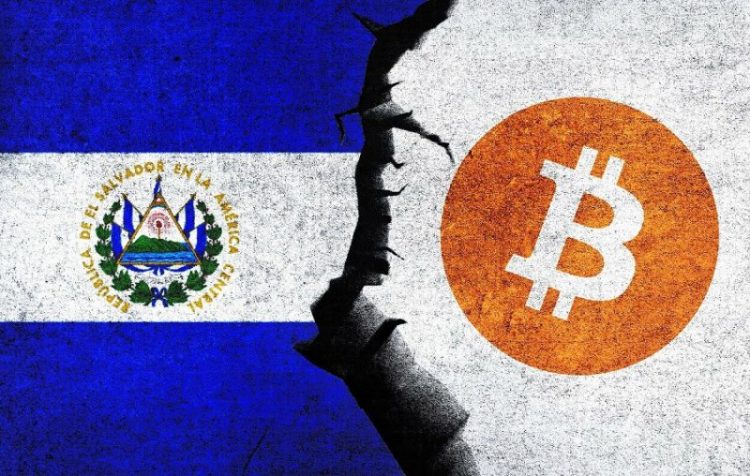
In June 2021, El Salvador became the first country in the world to recognize Bitcoin as legal tender. President Nayib Bukele argued that the move was a crucial economic move that would drive economic growth and lift the Central American nation out of poverty. But instead of the promised benefits, Salvadorans are now faced with some of the riskiest financial propositions they have ever seen.
Despite the president’s assurances that the cryptocurrency would be regulated, the economy in El Salvador is anything but stable. Moreover, Bitcoin’s notoriously volatile value has oscillated drastically in recent weeks, crashing to record lows in early August. Supporters of the move attempted to assuage investors’ fears by proposing a tax on capital gains from Bitcoin investments but, at the time of writing, no such tax exists in El Salvador.
The move to recognize Bitcoin as legal tender also raised questions about the implications for those who do not accept digital currency. If businesses decline to transact in Bitcoin, will they suffer from economic discrimination? Will uncompetitive vendors be exposed to unfair competition or suffer from diminished global appeal from customers?
It’s clear that El Salvador’s move to recognize Bitcoin as a legal tender is risky. But many economists believe the risk is worth the potential reward. They argue that while plunging cryptocurrency values may prove disastrous in the short-term, El Salvador has invested in a technology that is likely to have an increasingly important role in the global economy. If El Salvador can avoid the pitfalls in the nascent cryptocurrency sector, it could become the first nation to truly capitalize on blockchain technology in a manner that boosts its economy. Only time will tell if El Salvador’s risk is worth the reward.









